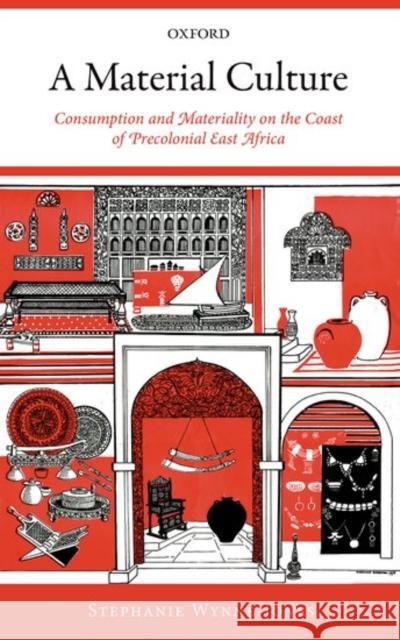A Material Culture: Consumption and Materiality on the Coast of Precolonial East Africa » książka
A Material Culture: Consumption and Materiality on the Coast of Precolonial East Africa
ISBN-13: 9780198759317 / Angielski / Twarda / 2016 / 264 str.
A Material Culture focuses on objects in Swahili society through the elaboration of an approach that sees both people and things as caught up in webs of mutual interaction. It therefore provides both a new theoretical intervention in some of the key themes in material culture studies, including the agency of objects and the ways they were linked to social identities, through the development of the notion of a biography of practice.
These theoretical discussions are explored through the archaeology of the Swahili, on the Indian Ocean coast of eastern Africa. This coast was home to a series of "stonetowns" (containing coral architecture) from the ninth century AD onwards, of which Kilwa Kisiwani is the most famous, considered here in regional context. These stonetowns were deeply involved in maritime trade, carried out among a diverse, Islamic population.
This book suggests that the Swahili are a highly-significant case study for exploration of the relationship between objects and people in the past, as the society was constituted and defined through a particular material setting. Further, it is suggested that this relationship was subtly different than in other areas, and particularly from western models that dominate prevailing analysis. The case is made for an alternative form of materiality, perhaps common to the wider Indian Ocean world, with an emphasis on redistribution and circulation rather than on the accumulation of wealth. The reader will therefore gain familiarity with a little-known and fascinating culture, as well as appreciating the ways that non-western examples can add to our theoretical models.











